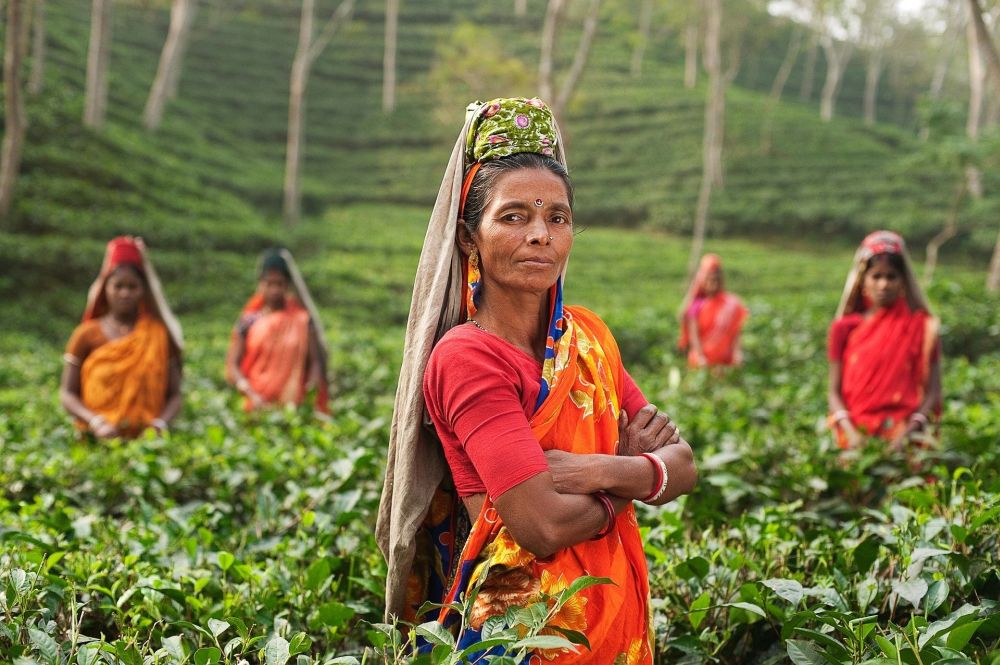
A company is greenwashing when it is making misleading claims about the environmental benefits of its product or service. It is used to make the company appear to be more environmentally friendly than it really is.
Panaprium is independent and reader supported. If you buy something through our link, we may earn a commission. If you can, please support us on a monthly basis. It takes less than a minute to set up, and you will be making a big impact every single month. Thank you!
What Greenwashing Actually Means
Greenwashing is the way for many companies to differentiate from the competition. By promising a more efficient use of resources or energy, retailers catch customers' attention. Some changing their packaging and claim to be eco-friendly.
Greenwashing is a marketing strategy used to increase sales and position brands in a better light. It is actually very challenging to tell if an environmental claim is accurate or not.
That is why so many companies get easily away with it. Consumers often make buying decisions based on their emotions. Greenwashing is making use of that behavior and tap into the good conscience of consumers.
Why is Greenwashing Even a Thing
Caring for the environment and society's bigger issues are trending. Consumers are becoming more aware of the alarming rate we are currently destroying our eco-system.
Companies want to be perceived as making a positive environmental impact to appeal to the eco-aware customer.
Green business is booming. Adopting green practices in business is actually becoming a profitable strategy.
Businesses now expect high growth from a favorable image and government support. More and more consumers are willing to pay more for eco-friendly products.
So sustainable brands make their mark enjoying higher profit margins.
What is Being Greenwashed
Still, a large majority of green-labeled products are in reality greenwashed.
Many products or services don't have any environmental benefits. But companies keep marketing them as green and environmentally friendly.
One type of greenwashing is claiming a product being green by removing high impact parts when it is done primarily to cut costs.
Another way to being greenwashed is by labeling a product as eco-friendly with certifications or pretty phrases or green packaging.
Claiming a product is 100% organic without any supportive information is misleading.
Environmental images are very commonly used for greenwashing. Leaves, flowers, green fields, and animals. Most genuinely eco-friendly products use no images and plain packaging to really save resources.

What is an Example of Greenwashing
A good example of greenwashing is the multi-million dollar oil corporation ExxonMobil claiming to reduce greenhouse gas emissions when in fact they contribute to the increase.
Unfortunately, the fashion industry makes too often another example of greenwashing. Brands and retailers categorize garments being natural, bio, organic or recycled when in fact only a portion of the fibers used actually are.
Worst, the garment is sometimes made by workers under poor working conditions. Companies should back their claims with numbers.
How much energy was actually saved? How much greenhouse gas was emitted? How much water was used? Where are the raw materials coming from and in which quantity?
Companies saying all parts of the truth are very rare. When it comes to green products, oftentimes companies will only show what the consumer wants to see.
Greenwashing and green marketing strategies aim to increase sales without putting the care for the environment first.
EasyJet claimed to emit 22% less carbon dioxide than other planes on the same route in 2008. This is another example of greenwashing as it was not clear that the number was related to emissions per passenger.
Volkswagen claiming to use technology for its Diesel vehicles emitting fewer pollutants is as bad. Cheating emissions tests don't make a vehicle greener.
Is Greenwashing That Bad
Greenwashed products have been around for many. The issue is that their number is increasing at an alarming rate.
Consumers are demanding greener products and services. And the industry struggles to meet them.
Green products are actually higher priced as they cost more to make. To stop being harmful to public health, the environment and animals has a cost.
Companies have to be careful about how they present their products. Greenwashing doesn't make it easier for anyone involved.
As consumers, we have to stay skeptical until proven otherwise.
Was this article helpful to you? Please tell us what you liked or didn't like in the comments below.
About the Author: Alex Assoune
What We're Up Against
Multinational corporations overproducing cheap products in the poorest countries.
Huge factories with sweatshop-like conditions underpaying workers.
Media conglomerates promoting unethical, unsustainable products.
Bad actors encouraging overconsumption through oblivious behavior.
- - - -
Thankfully, we've got our supporters, including you.
Panaprium is funded by readers like you who want to join us in our mission to make the world entirely sustainable.
If you can, please support us on a monthly basis. It takes less than a minute to set up, and you will be making a big impact every single month. Thank you.































0 comments